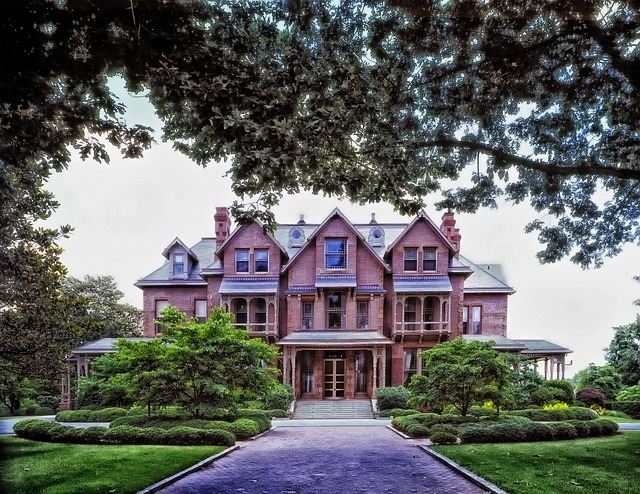North Carolina's Do Not Call laws protect residents from unwanted telemarketing calls, with federal regulations governing most business interactions and state laws extending coverage to local businesses and specific call types. Consumers can register their numbers on the state list for up to 5 years of protection. Discrepancies between federal and state laws may require consultation with a Do Not Call Attorney North Carolina to ensure compliance and avoid legal issues.
In today’s digital age, managing unwanted calls is a universal challenge. However, navigating the intricacies of federal and state do not call laws can be particularly confusing. This article illuminates key differences between federal and North Carolina state regulations, crucial for residents seeking to protect their privacy. We delve into the specifics of North Carolina’s Do Not Call List and explore legal recourse when lists fail to align correctly, offering valuable insights for consumers considering a consultation with a Do Not Call Attorney in North Carolina.
Federal vs State Do Not Call Laws: Key Differences

Federal and state do-not-call laws share a common goal: to protect consumers from unwanted phone calls. However, they differ significantly in scope, enforcement, and exemptions. At their core, these laws vary based on jurisdiction, with federal regulations applying to most business-to-consumer interactions, while state laws often cover additional scenarios involving local businesses or specific types of calls.
For instance, in North Carolina, a Do Not Call law empowers residents to register their phone numbers for protection against telemarketing calls. Unlike the federal version, it includes provisions for certain types of calls, such as those from political organizations and non-profit groups. Understanding these nuances is crucial for both consumers and businesses, especially when seeking guidance from a Do Not Call Attorney North Carolina to ensure compliance and avoid potential penalties.
North Carolina's Do Not Call List: What You Need to Know

In North Carolina, consumers have the right to register their phone numbers on the state’s Do Not Call List. This list is a powerful tool for individuals seeking to minimize unwanted telemarketing calls and protect their personal time. The process of signing up is straightforward; residents can register online or by mail, ensuring their landline, mobile, or business numbers are included. Once added, these numbers become off-limits for most commercial callers for at least 5 years.
Understanding the local Do Not Call Attorney regulations in North Carolina is key to enjoying these privacy protections. The state’s law not only covers telemarketers but also applies to political organizations and non-profit groups conducting fundraising activities. Exceptions do exist, such as calls from financial institutions or health care providers, but even they are subject to specific rules and restrictions. Knowing one’s rights and how to navigate the Do Not Call Attorney in North Carolina is essential for any resident looking to curb intrusive marketing calls.
Legal Recourse: When Lists Don't Align Correctly

When it comes to do-not-call laws, discrepancies between federal and state regulations can leave consumers confused and potentially exposed to unwanted phone calls from telemarketers. In the case of North Carolina, while the state has its own comprehensive Do Not Call list, there are instances where these lists don’t perfectly align with federal requirements set by the Telemarketing Sales Rule (TSR). This can create legal complexities for both residents and businesses, especially when it comes to seeking recourse.
If a North Carolina resident believes they’ve been contacted by telemarketers despite being on the state’s Do Not Call list, they have legal avenues to explore. They can file a complaint with the Federal Trade Commission (FTC) or their state attorney general’s office. These agencies investigate violations and can take action against violators, offering some protection for consumers. However, understanding the specific nuances of both sets of regulations is crucial in navigating any potential disputes related to do-not-call laws. Therefore, consulting with a Do Not Call Attorney in North Carolina can provide clarity and ensure consumers are protected according to the law.






